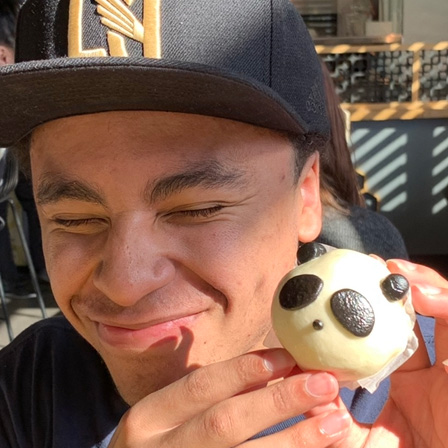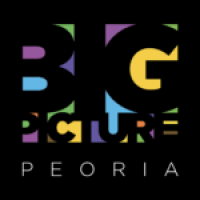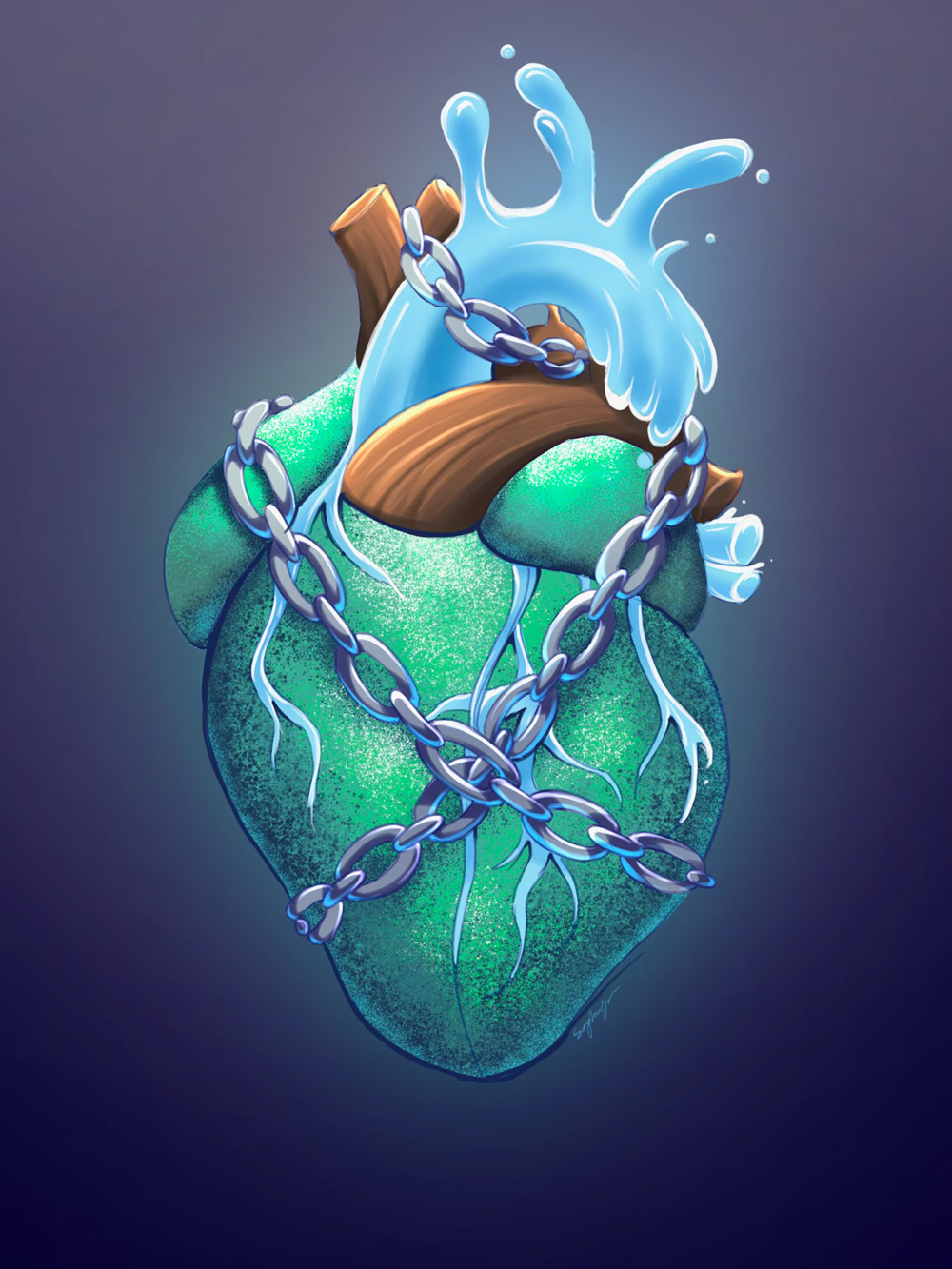by Izaak Garcia
Organ donations save lives, but there
are flaws in the system.
People who need an organ transplant often have a limited number of days left. It may be a grim thought, but it leads to some vital questions. How much is one day of life worth? $100? $200? Perhaps even $1000? Is it worth giving up your most prized possessions, items that have been with you from the moment you were born? Or is one day so different from another that it is impossible to quantify? To many people around the world, one day of life is worth next to nothing. To others, it is worth everything they have. But what if you were in charge of determining how much one or more days of life are worth, and not only that, but who gets to receive that life? How would you make that decision? How could you? How could we as humans possibly know what form life manifests in, much less choose who gets to obtain it? Well, in medicine, we do know. Life takes the form of a healthy heart, a non-damaged kidney, or a properly working lung. It’s a functioning liver that filters blood, or a pancreas that breaks down the nutrients in your body. And every day, doctors around the world must operate through a system to choose who receives those essential things.
Dr. Tanjala Purnell, Assistant Professor of Cardiovascular and Clinical Epidemiology at Johns Hopkins University, delved directly into this problem in a study published in the Journal of the American Medical Association. By studying kidney transplants from living donors from 1995 to 2014, Dr. Purnell was able to uncover a drastic issue within the Black and Hispanic communities in regards to the eligibility of candidates to donate organs. As time progressed, Dr. Purnell found that even though the process of organ transplants wasn’t inherently based on race, the steps to become an eligible organ donor contained underlying biases towards these communities. In the last 20 years, Black and Hispanic populations have been disproportionately affected by diseases like diabetes and high blood pressure. Because of these factors, they are unable to become a live donor (Johns Hopkins Medicine). It is apparent that the organ donation system is flawed and needs to be improved.
It’s a harsh truth to swallow. It’s even harder knowing that the system and the people in charge of it should be working to change the medical field for the better. But it does not have to stay this way. There are many things that would help to empower people throughout the organ donation process, such as access to a wide variety of educational resources and trained medical professionals. Educating the public about these problems is the first step in the process of not only understanding the medical system, but also improving it for us and future generations.
About Izaak Garcia

Izaak Garcia is currently a freshman at the University of Southern California, majoring in Cinema and Media Studies with a minor in Applied Cybersecurity. He has played soccer with FC Peoria, Dunlap, and Richwoods for over a decade combined. Garcia has also played tennis for 4 years, securing a spot on both junior varsity and varsity teams. Along with this, he has competed with the Richwoods Worldwide Youth Science and Engineering team for Biology and English for 2 years and earned multiple awards for the school. Garcia is also heavily involved with the arts. As a multi-instrumentalist, he has played the saxophone for 8 years and piano for 2 years. During his junior year of high school, he was involved in theater at Richwoods as stage crew and manager. He helped with two productions and was being trained to be stage manager for senior year before the COVID-19 pandemic impacted school. Outside of school activities, Garcia is involved in Jack and Jill of America (an organization for young African American men and women to serve the community). He served as his chapter’s treasurer during his freshman year of high school. Along with Jack and Jill of America, he enjoys coding, learning new languages, and playing video games.
About Sophie Liu

Sophie Liu is a senior at Dunlap High School who has won numerous art prizes such as the Scholastic Art and Writing Gold Key Award and several honorable mentions. As someone who also values academics, business, and volunteering, she has participated in and led many activities in her community. Her volunteering contribution has awarded her the Gold President’s Volunteer Service Award. She is one of the club leaders of her school’s Interact Volunteering Club. During her summers, Liu has participated in several business camps such as Kelley Business’s Young Women’s Institute, where she has gained knowledge and experience in her passion. She also runs her own online art business where she creates commissioned art pieces and gains firsthand business experience. Liu plans to continue her love of business, volunteering, and art in college, where she will major in either Marketing or Business Analytics and minor in art.

